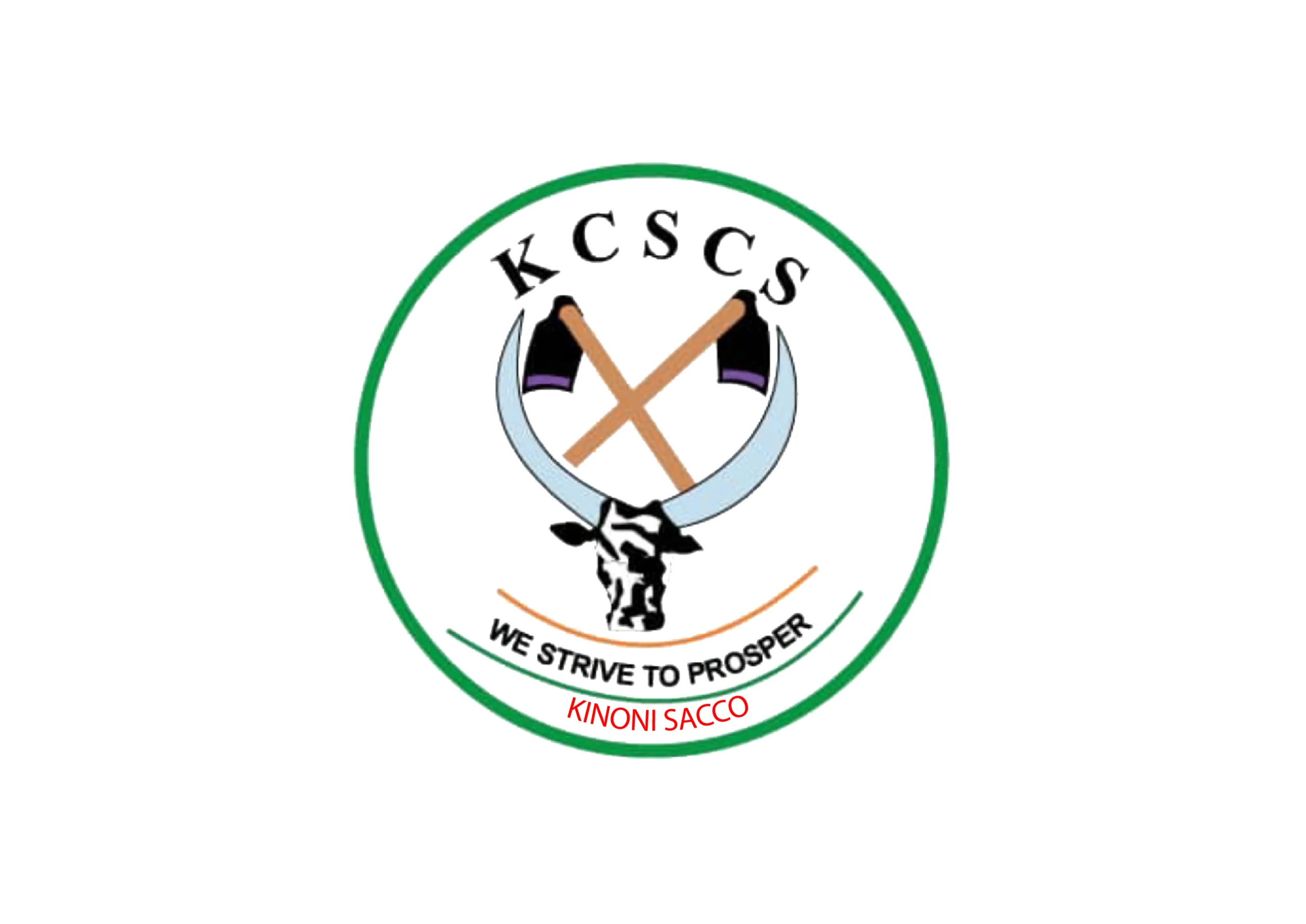Know more – about kinoni SACCO
User-owned. Transparent. Community-driven.
Kinoni Co-operative Savings and Credit Society Ltd (Kinoni SACCO) is a user-owned, user-financed, and user-governed financial institution serving communities across Western Uganda.
Kinoni Cooperative and Savings Society Limited started in 2000 mainly to serve financially
underserved rural artisans and oral people in all the communities in Rwampara County and other neighbouring areas.
This followed the Governments desire to address the problem of massive property inflicting on the majority of the country's citizen. This saw the Poverty Eradication Action Plan (PEAP) came into existence which acted as a pillar for massive promotion by the Private Sector Development Programme (PSDP) to increase the ability for the poor to raise their income.
The Ankole Private Sector Promotion Centre (APROCEL) run this program in 1997 and carried
out massive maintenance mobilization and promotion in the whole of Ankole region (10)
individuals of Kinoni trading Centre in Rwampara county came together with an idea to form a village Savings and Credit Institution (VSC). On the 23td of March 2003, the institution was
formerly registered under the Cooperative Society's Act 1991 as Kinoni Cooperative Savings
and Credit Limited as its legal name.
The SACCO is governed by the committee of nine (9) members elected by Annual General
Meeting (AGM) and serves Kinoni for a term of two years (2) eligible for re-election for only one other member two(2) year term according to the SACCO by-laws. The nine (9) members
committee works through sub-committees which mainly include Loans, Human resources,
Disciplinary, Finance, Planning and Development. The committee in its governance role receives advisory and audit support functions from checks for consistence in the overall implementation of Kinoni SACCO activities including reporting guidelines and compliance with regulatory laws such as the Cooperative Societies Act 1991.Regulations 1992 and any other internal politics and procedures developed and adopted by the committee from the time with the approval of the General Assembly.
Kinoni SACCO targets to improve and increase the productivity and income of the active poor farmers and micro entrepreneurs through maintaining and sustaining its core of providing microfinance services in form of savings, loans and business training alongside consumer education there by helping its members achieve better life quality.
Due to the past downfalls, the SACCO resolved to form a committee of 20-25 promoters to
avoid such future occurrences. This body is responsible to safe guard the existence of the SACCO.
.
Our Head Office is located in Kinoni, Rwampara District along the Mbarara–Kabale road, with branches in Rugando (Rugando T/C), Rugazi (Rugazi T/C), Mugarutsya (Kashari), Kakindo (Sheema), and Mbarara (Central Market, Room 041).
Our Vision
A community-based financial institution transforming lives.
Our Mission
To transform lives through delivering inclusive and innovative financial services.
Core Values — “FEAR”
- FFocus
We serve our members with purpose.
- EEquality
Every member is treated fairly and with respect.
- AAccountability
We uphold transparency and responsibility.
- RReliability
Dependable support on every financial journey.
What We Offer
Flexible Accounts
“We strive to prosper.”
We also embrace technology through mobile banking *284*55#, making it easy for our members to access services anytime, anywhere.
Branches Across Western Uganda
- Kinoni (HQ)
- Rugando (Rugando T/C)
- Rugazi (Rugazi T/C)
- Mugarutsya (Kashari)
- Kakindo (Sheema)
- Mbarara – Central Market, Room 041
Started in Rwampara with a simple goal: mobilize savings & extend affordable credit among members. Registered 2004 • Growing ever since
